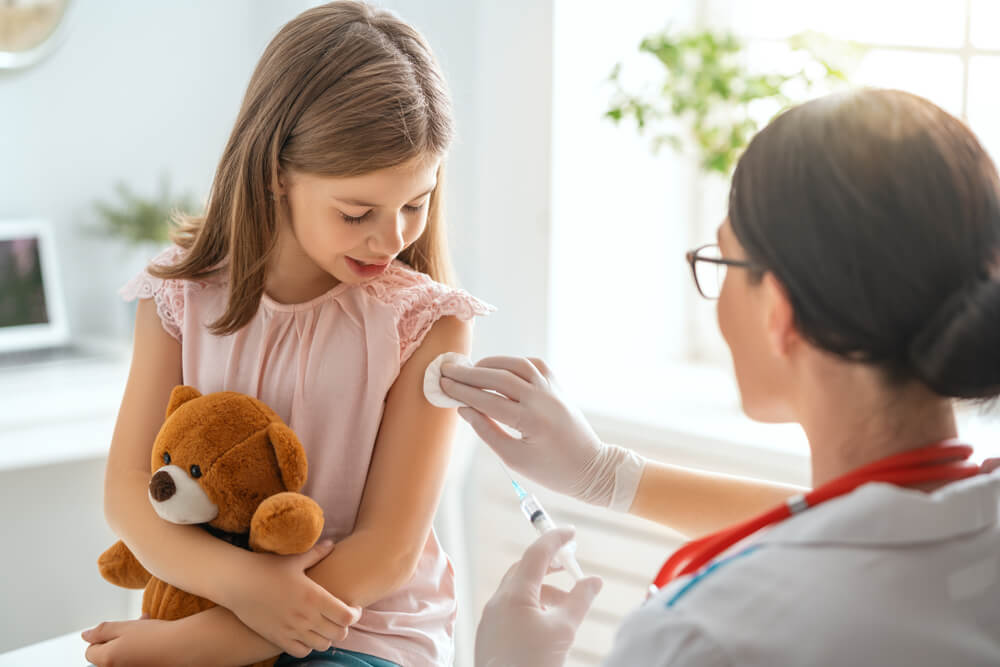Did you know that almost all of us will have been exposed to the virus that causes mononucleosis by the time we’re 40? The good news is that even if you never have symptoms, once you’re infected with the virus, you can’t get it again.
What is mononucleosis?
Mononucleosis, or mono, is a contagious disease usually caused by the Epstein-Barr virus. Sometimes called “the kissing disease,” mono is spread through saliva (not just by kissing, but also by sharing drinking glasses or eating utensils), or through the air by coughing or sneezing. It’s most commonly diagnosed in adolescents, teenagers and young adults—especially in situations where there are lots of people in close quarters, like in college dorms. Small children can become infected, but their symptoms are usually so mild that it isn’t diagnosed.
Symptoms of mono
Mono isn’t typically a dangerous or deadly disease, but it makes you feel really awful. Think of it as the worst cold or flu you have ever had. Symptoms show up a few weeks after infection, and may include:
- Extreme tiredness
- Fever
- Rash
- Headache
- Sore throat
- Body aches
- Swollen lymph nodes (felt in the throat and armpits)
- Swelling of the liver and/or spleen
Most people feel better after a few weeks, but sometimes the fatigue can last for months!
How can I prevent mono?
There isn’t a vaccine for mononucleosis, but you can reduce your risk by:
- Never sharing drinks or eating utensils
- Never using someone else’s toothbrush, lip balm or other personal items
- Washing your hands often, especially after shaking hands or touching “public” things like doorknobs
Parents should make sure their children understand the importance of these rules, too.
How is mono treated?
There really isn’t a medication that can treat mono—it’s caused by a virus, so antibiotics don’t work. Over-the-counter pain relievers can help with any pain and fever, but otherwise, lots of rest and plenty of fluids are just what the doctor ordered. If you (or your child) plays sports, your doctor may ask you to wait a few weeks before returning. Besides needing the rest, it can be dangerous to be physically active with a swollen spleen, and you don’t want to run the risk of it rupturing.
Speak with your pediatrician about ways to reduce the risk of mononucleosis and which symptoms to look out for.
If you do not have a pediatrician, find a doctor near you or call 1-800-BayCare.




